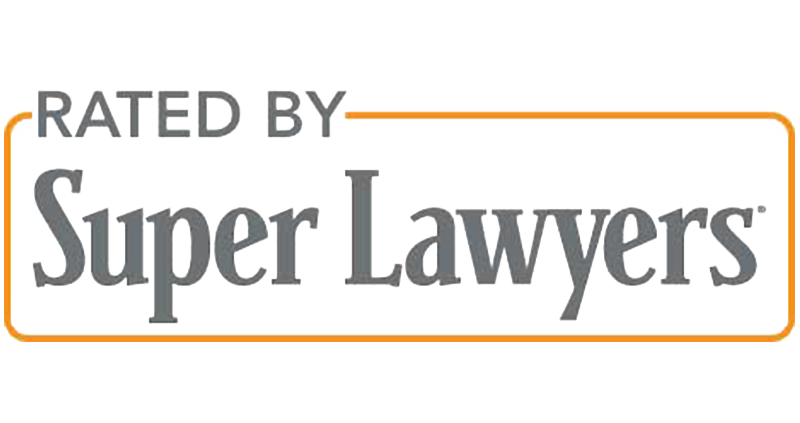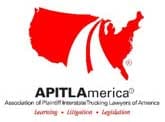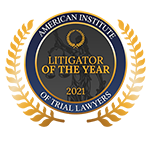Computer Trespassing What You Should Know?
By: John R. Coleman, Jr.
Frequently asked hypothetical question?
- If Wife guesses Husband’s password, can she look at the Husband’s email? NO, this is a violation of the computer privacy statute.
- If Husband leaves his computer open with emails displayed, can Wife read and print those emails, without Husband’s permission? No, not if Husband has not given Wife permission.
- Can you install spyware or a keystroke program to the family computer to monitor your spouse’s usage once he or she has left the marital home? NO, it is a violation of the Computer Systems Protective Act.
- If our computer and email accounts are not password protected can I access the information? Generally, yes.
- What if we use a family computer and everyone uses the same programs, Internet, email accounts, etc., can I look at my spouses downloads and emails? Generally yes.
There are two statutes you should familiarize yourself with prior to obtaining information about the opposing party or potential witnesses through the computer, email, Internet, or other similar method.
O.C.G.A. § 16-9-93(b) – Computer Trespass: Using a computer with knowledge that such use is without authority and with the intention of: (1) deleting or in any way removing, either temporarily or permanently, any computer data (2) obstructing, interrupting, or in any way interfering with the use of a computer program or data (3) Altering, damaging, or in any way causing the malfunction of a computer.
O.C.G.A. § 16-9-93(c) – Computer Invasion of Privacy: Any person who uses a computer with the intention of examining any employment, medical, salary, credit, or any other financial or personal data relating to any other person with knowledge that such examination is without authority shall be guilty of computer invasion of privacy, but it could also be a violation of O.C.G.A. § 16-9-93(a) Computer Theft, which provides: “Any person who uses a computer with knowledge that such use is without authority and with the intention of: (1) taking or appropriating any property of another, whether or not with the intention of depriving the owner of possession, or (2) obtaining property by deceitful means of artful practice.”
Reach out to our Gainesville attorneys for help understanding your rights.
















